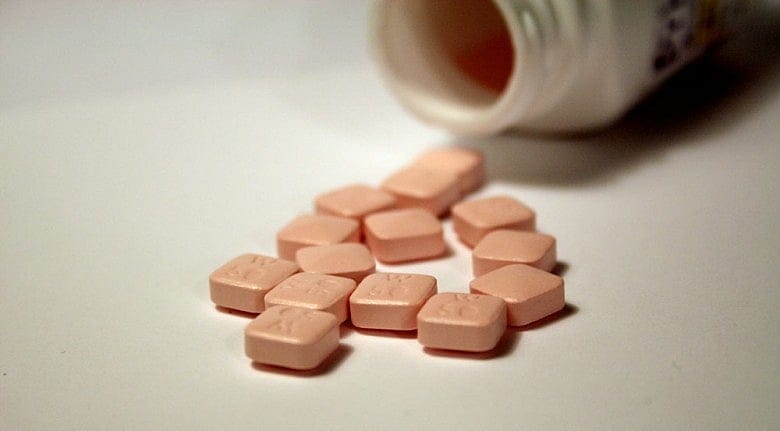Patients who overdose on opioids get them again, study shows

BOSTON – Most patients who receive drugs to treat chronic pain and overdose on opioid medications still get the addictive synthetic opiates through their doctors, a new study shows.
The 12-year study released Monday by the Boston Medical Center tracked almost 3,000 people who were treated in an emergency room or hospitalized for overdosing on prescription opioid painkillers. Researchers led by Dr. Marc LaRochelle, a BMC doctor, found that 91 percent of patients who had overdosed still received prescriptions for the same drugs, including 70 percent who got them from the same doctor. Those who continued to use the painkillers after overdosing were twice as likely to overdose again, the research showed.

